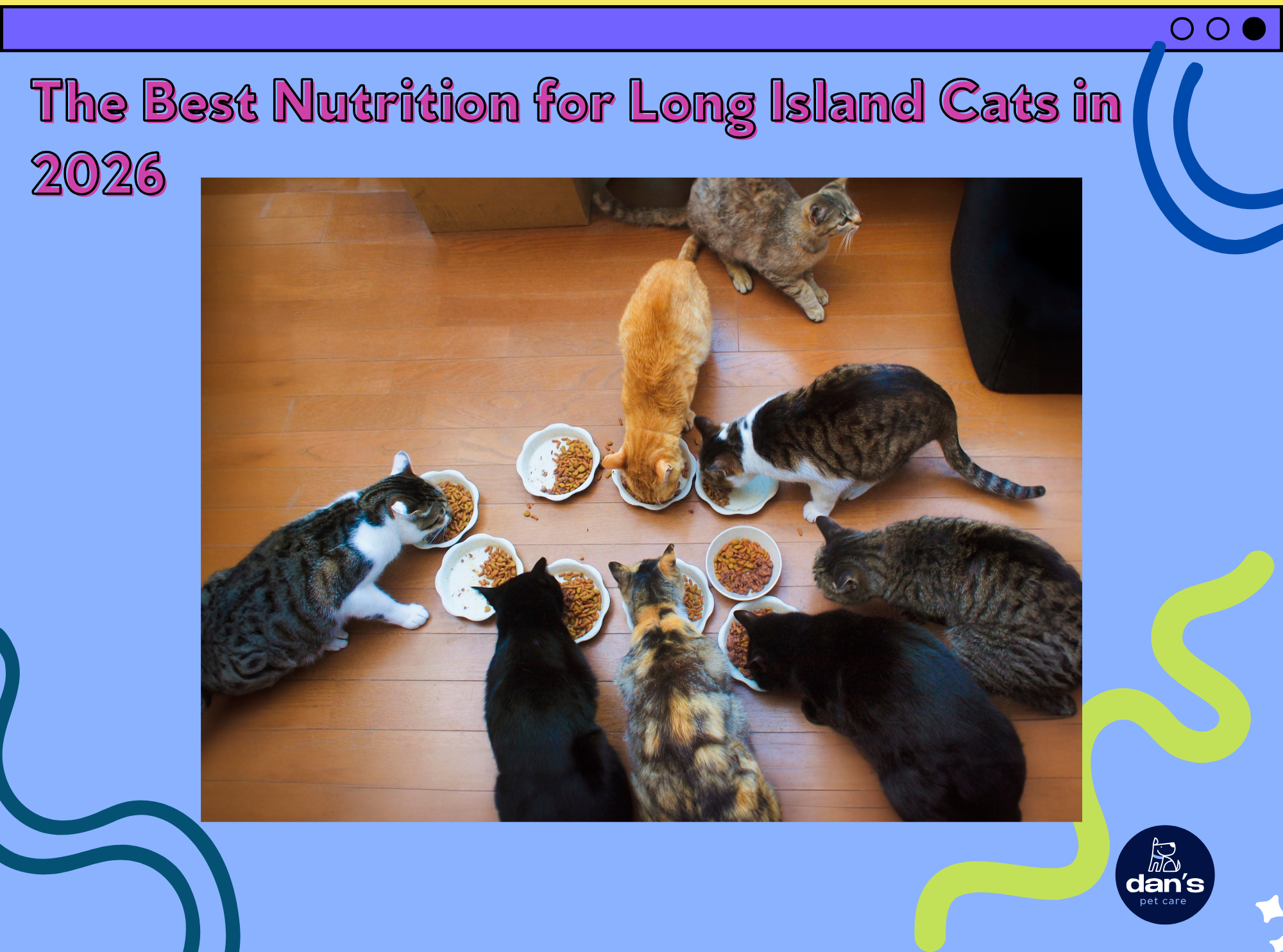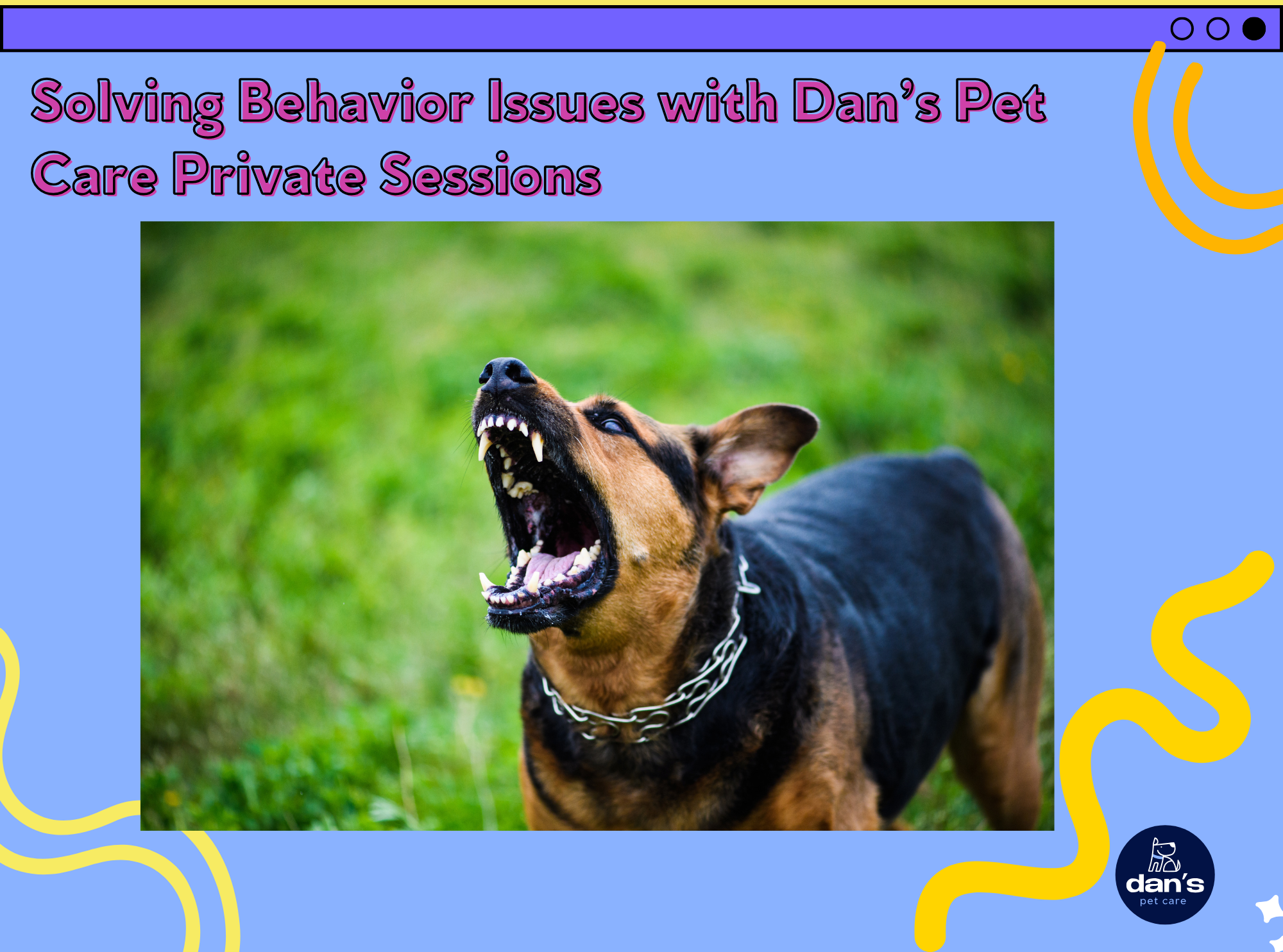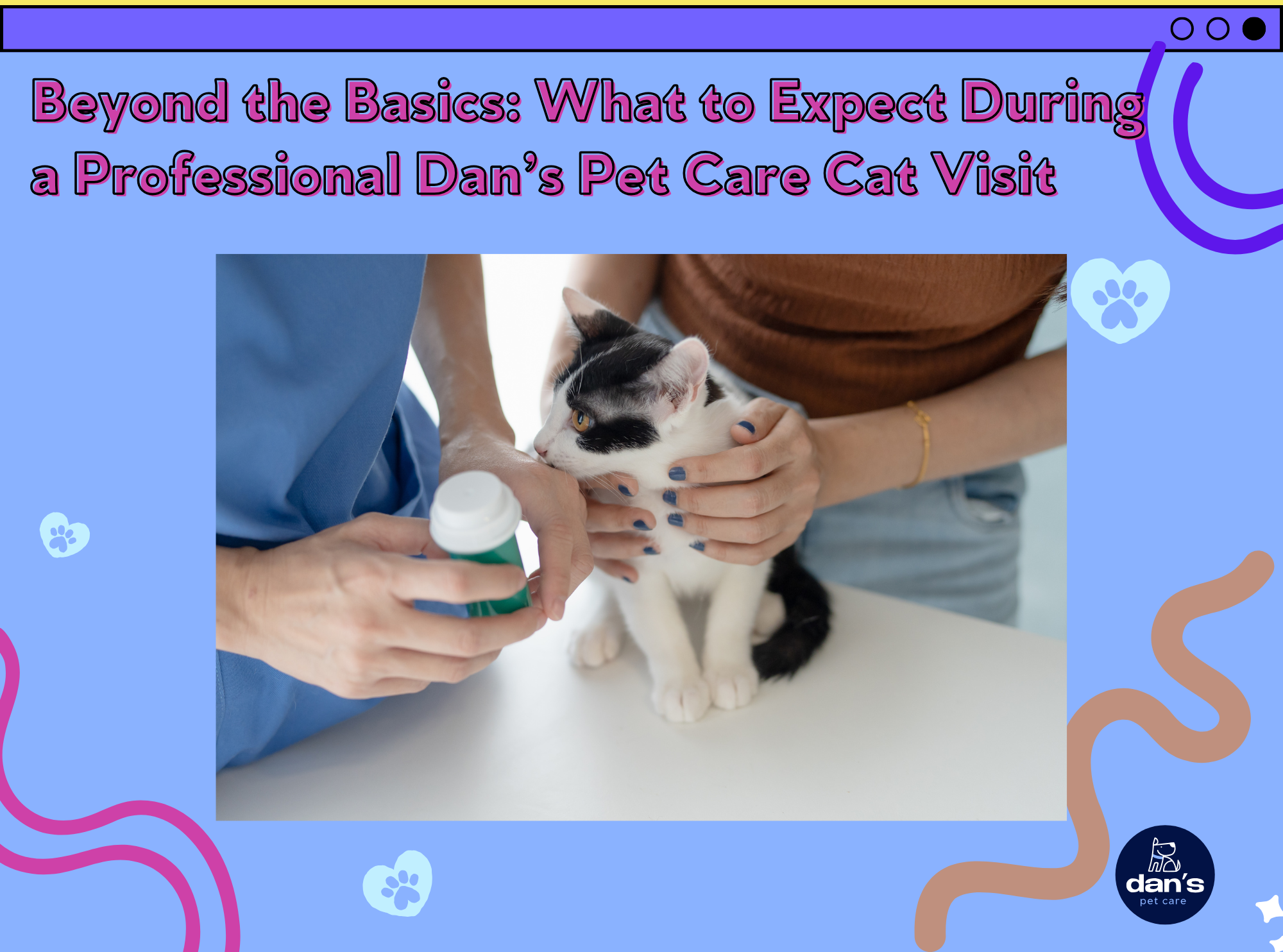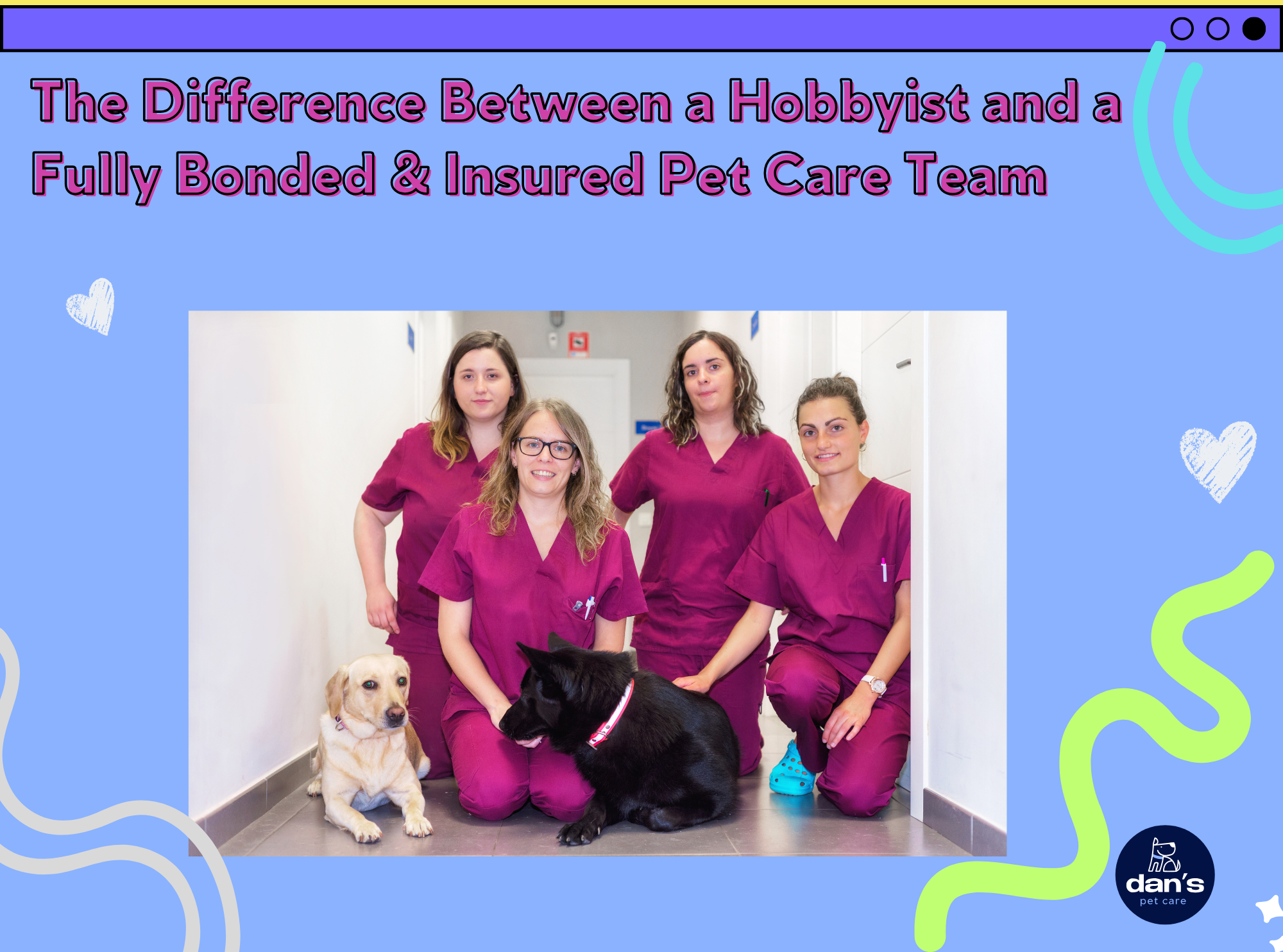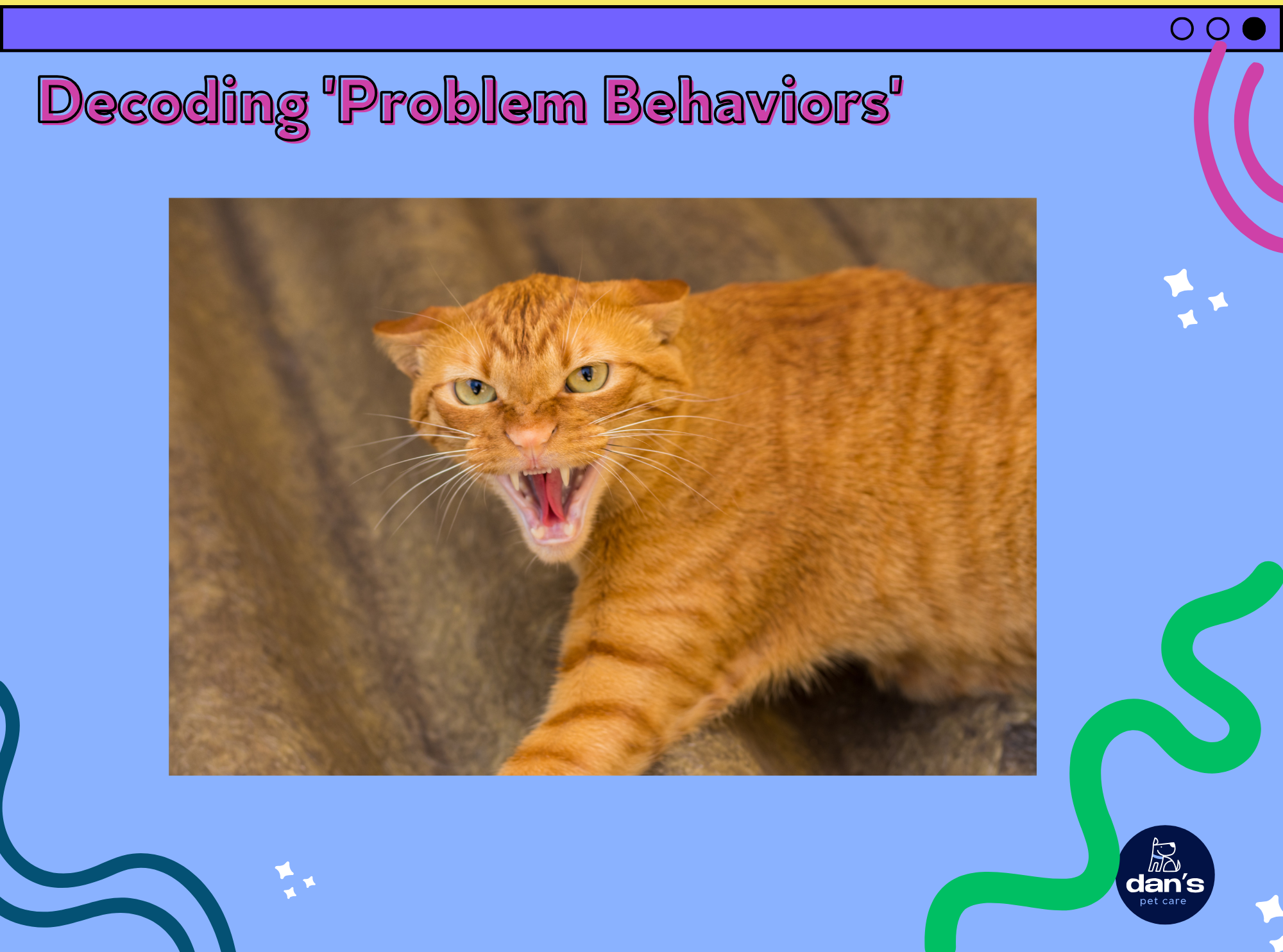Bringing home a new puppy is one of the most joyful milestones in any dog lover’s life. But it also marks the beginning of a critical learning period.
The Best Nutrition for Long Island Cats in 2026
Modern Training for Modern Dogs: Solving Behavior Issues with Dan’s Pet Care Private Sessions
Beyond the Basics: What to Expect During a Professional Dan’s Pet Care Cat Visit
Professionalism Matters: The Difference Between a Hobbyist and a Fully Bonded & Insured Pet Care Team
The 2026 Nutrition Revolution: Fresh & Freeze-Dried Diet Trends for Long Island Cats
The Benefits of Structured Walk Routines for High-Energy Breeds
How to Stop a Cat from Scratching Furniture: Practical 2026 Solutions
Protecting Paws: Winter Salt & Ice Safety for Long Island Dogs
The Best Cat Sitting Services in Long Island
A New Resident's Guide to Pet Life in Long Island County
Decoding 'Problem Behaviors': When Normal Cat Actions Become Household Conflicts
How Dogs Perceive Humans: A Cognitive and Social Perspective
Do You Speak Cat? Understanding Feline Body Language and Vocalizations
Cats are often misunderstood as mysterious or aloof, but in truth, they are constantly communicating with us. The key is knowing how to read their body language and vocalizations. From tail flicks to purring, cats use a wide range of non-verbal cues to express everything from affection to discomfort.
The Science of "Human's Best Friend"
The Scary Truth About Cats and Chicken Bones
Hemp Oil for Dogs: A Natural Way to Support Wellness
Why Can’t My Cat Meow? 9 Vet-Verified Causes & When to Worry
How to Get Dog Pee Out of Your Carpet: 5 Tips & Tricks
Accidents happen, especially if you’re house training a puppy or caring for an older dog. But when dog pee hits the carpet, it can be more than just an annoying inconvenience. Urine doesn’t just leave behind an unpleasant odor—it can seep into the carpet fibers and padding, creating a breeding ground for bacteria.
